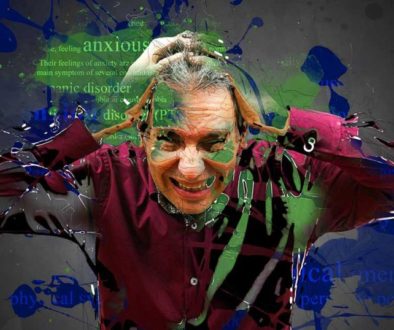What is a panic attack disorder?
A panic attack disorder is a disorder that involves sudden surges of fear, often overwhelming surges. The difference between a simple attack and a full-on panic attack disorder is the length of time the symptoms persist and the gravity of the symptoms. Essentially, a panic attack disorder disrupts your life and causes you to completely revamp the way in which you go about your daily work, home life, and social life.
A panic disorder is a fairly common condition, however. Generally without warning the symptoms arrive and cause the sufferer to feel fearful, nervous, and frightened without reason. These episodes can last minutes, sometimes even hours, and can be very disabling to most people as they essentially can freeze a person like a “deer in the headlights”. Being paralyzed by fear is a very real notion to those that suffer with panic attacks on a regular basis.
The Cause
The cause for a panic attack is not usually obvious, but it is something that is generally “normal” as a part of a regular stressful modern life. The development of a panic attack disorder is usually associated with a lack of proper coping skills more than it is a brain function or a biological illness as the idea behind panic is a poor management of stressful situations.
Mental health professionals often prescribe a variety of types of therapy. These include color therapy and hypnosis but in general result in a discussion of the fears or anxiety triggers to comprise a proper coping plan that will ease the effects of the stressors. However, in some of the more serious cases various medications can also be prescribed to aide in the balancing of brain chemicals that the stress and the poor reactions to it may have unbalanced.
Symptoms
Panic attacks usually come with a set of symptoms that include: shaking, trembling, heart palpitations, sweating, chest pains, shortness of breath, choking or feeling like you may be choking, nausea, dizziness, cramping, tingling, numbness, chills, hot flashes, and even “out of body” experiences or feelings related to that experience. There are other symptoms as well, but many of these are dependent on the individual panic attack sufferer.
Once again, the difference between a panic attack and a panic attack disorder is the frequency and the overall gravity of the anxiety and the symptoms. Many of those with an attack disorder seek counselling and are prescribed medication as well to combat the effects of the symptoms. As anyone with a panic disorder will tell you, anxiety can be very crippling and without professional medical help can cause serious problems.


